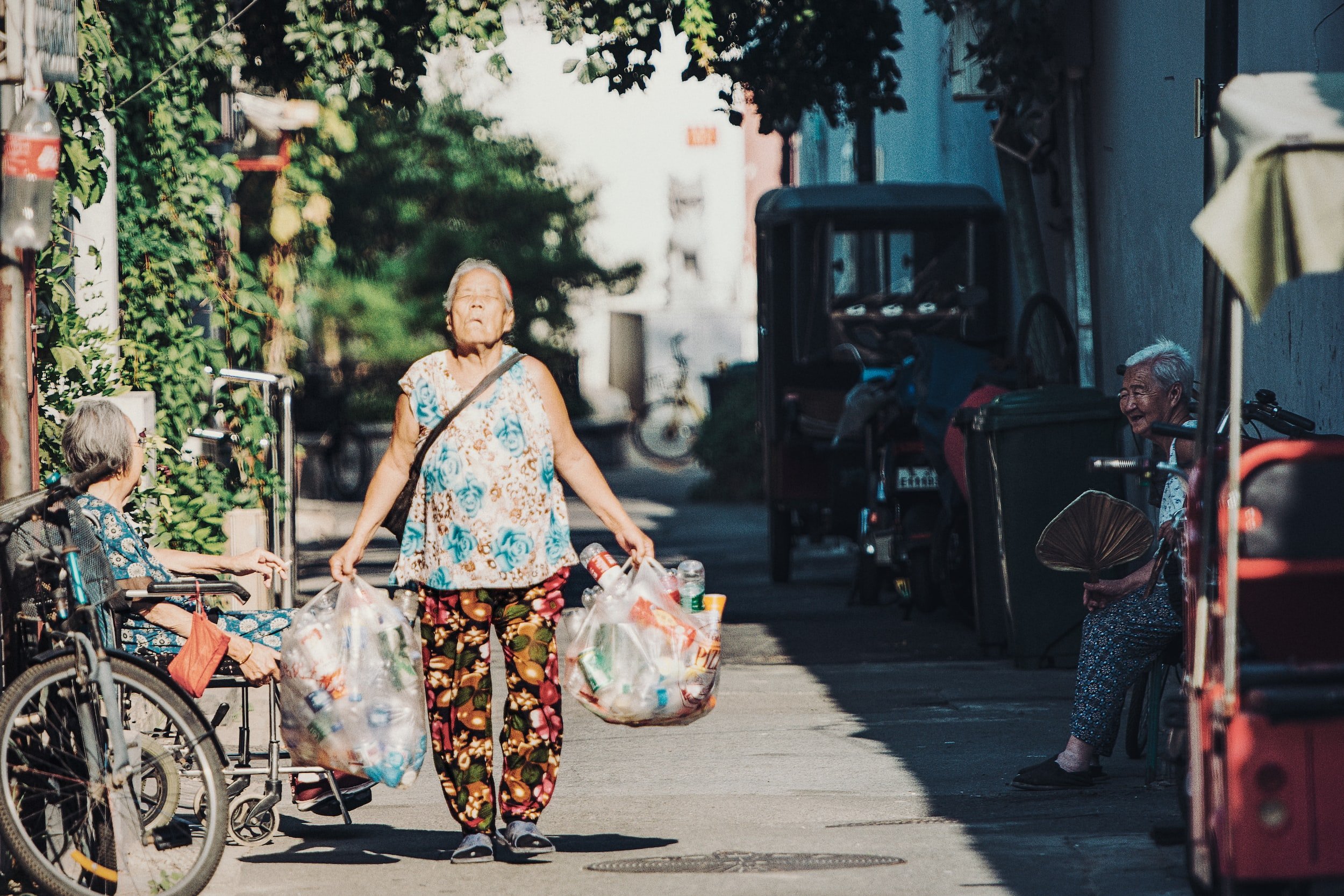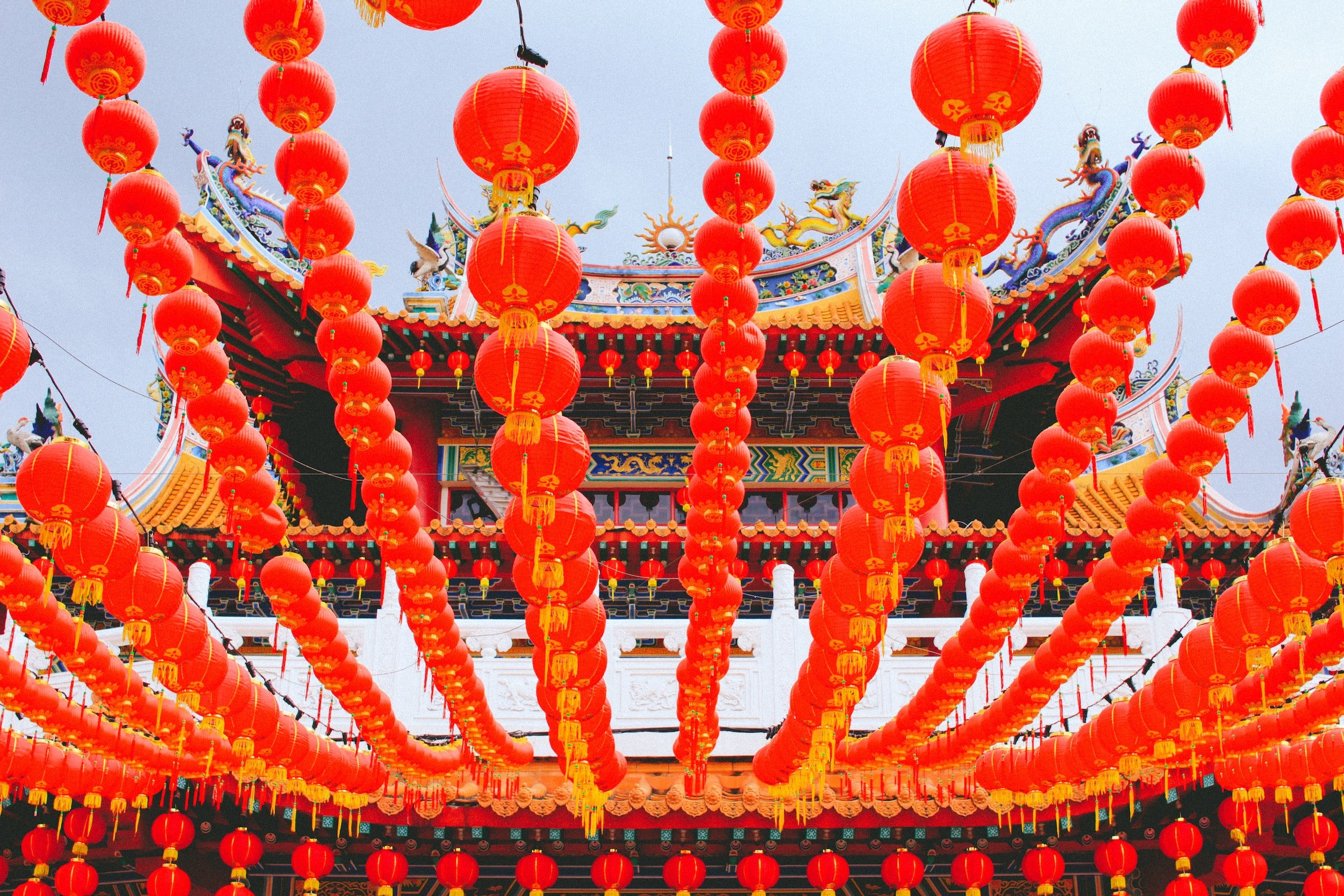
Editor’s note: In the last month, China has been roiled by highly unusual protests as many people fought harsh Covid restrictions throughout the Mainland. In a secure group of house church leaders, ministry leader Zhang Muxi shared some thoughts on the future of China and the role of the Chinese church in a turbulent time for society.
For more context, Christianity Today has reported extensively on the protests and the ensuing conversations among Chinese house churches.
A Relevant Gospel
There is a need for a gospel that is relevant to the hearts and minds of the people of this age. In 1989, a small group of students and intellectuals had their ideals for the future of China shattered. But now the larger mass of people have enjoyed a market economy, the dividends of reformation and limited freedom. This time, it is the mass of Chinese people who are anxious and desperate about their own interests and the future of their children.
>
”“In 1989, a small group of students and intellectuals had their ideals for the future of China shattered… This time, it is the mass of Chinese people who are anxious and desperate about their own interests and the future of their children.”
Since Protestantism entered China 200 years ago, its history has involved indissoluble negative relationships to imperialism and consular jurisdiction. In these years, there have been many conflicts between parishioners and local interests. This has become a great barrier to the cross-cultural work of the gospel.
In contrast, when Protestantism entered Korea at the end of the 19th century, it become a comfort for the Koreans during the Japanese invasion. When Korea was being subjugated by Japan, the faith gave people hope. The church essentially become a helper to the people, and even a support to resistance efforts against the Japanese invasion. In the national memory of Korea, the Christian church was bright, and brought hope. Some pastors were honored as national heroes. All of this played a key role in the cross-cultural work of Christianity, as the church accompanied those undergoing suffering.
Never miss a story
Can the Chinese church of today, with its message and through its life in action, enact an upward gospel narrative? Can the Chinese church reconstruct hope for the culture, as it brings worship, dignity, an unyielding spirit, truth, compassion, forgiveness, reconciliation, and hope in times of darkness? Can overseas Chinese churches welcome the large number of people being swept up in the Run Tide with open arms? [“Run Tide” refers to a trending buzzword in China, as many people are running away from China] Can the overseas church give these people a spiritual home, and together with the churches in China that are fighting in this battle over society, stand witness to the gospel? Perhaps God is giving the Chinese church, both at home and abroad, an opportunity to minister to many people experiencing disappointment and despair in the midst of their own persecution. Perhaps, in the next decade or two, the gospel will be able to cross into the culture in a more profound way and become the faith of the Chinese people. Perhaps God is creating a way to inject new spiritual resources, motivations, and possibilities into the future of Chinese culture.
>
”“Can the Chinese church of today, with its message and through its life in action, enact an upward gospel narrative? Can the Chinese church reconstruct hope for the culture?”
Virtue and Politics
I believe virtue must be a more important consideration than political participation. I have seen our Christian version of political participation and aspiration. I am not opposed to Christians participating in politics, but we must be careful how this develops.
I personally participated in the June 4th movement, as well as the 1987 student movement. Often, in a movement, the radical voice and format gradually becomes the mainstream – even the orthodox – voice. This happens because of the simplicity of that radical voice.
I believe virtue must be prioritized over direct political participation for several reasons. I’m listing those reasons below below:
1. These calls to “step down” are even more radical than the 1989 student movement was. This certainly helps to relieve anger. But it does not solve the fundamental problem: why does one person hold so much power? Why can one party take over the resources of society and place itself above society?
There are many deep-rooted public sentiments and structural reasons for this. This time, the outbursts are a result of honest people being pushed and having their backs up against the wall. It is easy for us to gain a sense of salvation and pleasure from our political involvement. (And I’ll be the first to admit this is true for me.) We must remind ourselves of the fundamental issues.
2. China is a large country, and has the burden of a thousand years of imperial rule. China has also inherited the dregs of both Eastern and Western cultures over the past hundred years. Because of this, the turmoil in the governance and government of China may not end in our lifetime. This means we need to learn the virtue of patience. We ought not to seek quick vindication by our own means, but learn instead to live the life of Christ in power and patience, and to care for our neighbors. The Christian version of participation in political movements and shouting simple evangelistic slogans may not be as powerful as it would be to stand in front of and protect students.
>
”“Virtue must be a more important consideration than political participation. I have seen our Christian version of political participation and aspiration. I am not opposed to Christians participating in politics, but we must be careful how this develops.”
During the Cultural Revolution, my family’s front yard neighbor made a window in the back of their door so they could spy on our family. This neighbor recorded all visitors to our house, and reported them to the neighborhood committee. My grandparents and parents lived in that courtyard from 1950 until today. Over the past 20 years, one by one my father baptized our old neighbors in that courtyard into Christ. The most important factor in our neighbors’ conversion was not what my parents said, but their testimony and virtue in the midst of persecution.
God has patience and time for us. We, too, can learn to be patient, and cultivate and live out virtue in time and wait for God’s timing. The scarcest thing in China is individuals and communities with virtue.
3. Virtue is not simply a reactive action, although it does produce action. Virtue is first and foremost demonstrated to those around us in our daily lives. Virtue is most evident in emergencies or dangerous situations, but it is not born or nurtured in those circumstances. Virtue is both born and nurtured in the church and in the family. Because of this, I think virtues that can be demonstrated in an individual’s daily life or in the normal context of a church are more important [than direct political participation].
Muxi Zhang is a pseudonym for a China ministry veteran who has in-depth and extensive ministry experience.
FOR PRAYER AND REFLECTION
Pray for Chinese Christians to have wisdom on how they can bring the gospel to more people in turbulent times. Pray also for wisdom on navigating tense political times within China.



































